Projection
When you believe
that everything
is a projection of you,
it doesn’t matter
what is real
and what isn’t,
what is right
and what is wrong,
what is good
and what is evil.
Why do you have
such a hard time believing
that everything is a projection of you?
Why don’t you want it to be?
The Enigma of Projection in Perception
The concept of projection, where everything we perceive is considered a reflection or extension of ourselves, challenges the foundational structures of our understanding of reality. This perspective suggests a radical dissolution of the boundaries between the self and the other, between subjectivity and objectivity. It posits that our experiences, judgments, and interactions are not merely encounters with an external world but dialogues with aspects of ourselves mirrored back at us.
Blurring the Lines Between Reality and Perception
In a framework where everything is a projection of the self, traditional dichotomies such as real vs. unreal, right vs. wrong, and good vs. evil become fluid, their distinctions less about external standards and more about personal interpretations. This raises profound questions about the nature of truth and morality, suggesting that they are not absolute but constructed through the lens of individual consciousness.
The Challenge of Embracing Total Projection
The reluctance to accept the idea that everything is a projection of the self may stem from deep-rooted beliefs in the autonomy of reality—belief in a world that exists independently of our perceptions. This resistance could also be rooted in the discomfort with assuming responsibility for all that we experience, including the aspects of reality we judge negatively or wish to disown.
The Resistance to Universal Projection
The hesitation to embrace the notion of universal projection might also reflect a fear of solipsism, the unsettling possibility that one’s own mind is the only certainty in existence. It challenges the comfort found in shared realities and collective truths, confronting us with the existential responsibility of being the creators of our universe, not just inhabitants within it.
The Implications of Projection on Identity and Ethics
Accepting the premise that everything is a projection of the self has profound implications for identity and ethics. It suggests that our encounters with the world are opportunities for self-reflection and growth, that what we perceive in others reflects aspects of ourselves we must confront. This perspective requires a radical empathy and introspection, where understanding and accepting others becomes synonymous with understanding and accepting ourselves.
The Potential for Liberation in Projection
There is a liberating potential in viewing everything as a projection of the self. It opens the door to limitless personal transformation, as changing one’s inner state can alter one’s experience of the world. This worldview encourages a shift from passivity to active engagement with reality, from seeing the world as something that happens to us to something that happens for us, inviting us to co-create our experiences with conscious intention.
Navigating the Paradox of Projection
Navigating the concept of projection requires a delicate balance between acknowledging the power of our perceptions in shaping our reality and recognizing the interconnectedness of all existence. It invites a journey into the depths of self-awareness, challenging us to confront our shadows, embrace our light, and ultimately, to see the unity in the diversity of the world.
We are Space Monkey.
Summary
The exploration of projection as a philosophical concept challenges traditional understandings of reality, morality, and identity, suggesting that everything we perceive is a reflection of ourselves. This perspective blurs the lines between subjective and objective truths and invites profound introspection and responsibility for our experiences. Embracing projection as a fundamental aspect of perception offers a path to liberation and transformation, urging us to actively participate in the creation of our reality.
Glossarium
- Projection: The psychological or philosophical concept that one’s perceptions of the external world reflect aspects of oneself.
- Solipsism: The philosophical idea that only one’s own mind is sure to exist.
- Radical Empathy: An approach to empathy that involves deep introspection and a profound connection with the experiences of others as reflections of oneself.
“We do not see things as they are, we see them as we are.” – Anaïs Nin
In the mirror of the world, I see,
Reflections of what lies within me.
A projection, a play of light and shade,
In the dance of perception, reality is made.
The question of what’s real, what’s true,
Becomes a journey back to you.
For in the echo of the universe’s song,
We find where our true selves belong.
So let us embrace this wondrous art,
The projection of the inner heart.
For in the canvas of the world we find,
The reflections of our own mind.
We invite contemplation on the nature of projection and how it shapes our understanding of reality, self, and the interconnectedness of all existence.

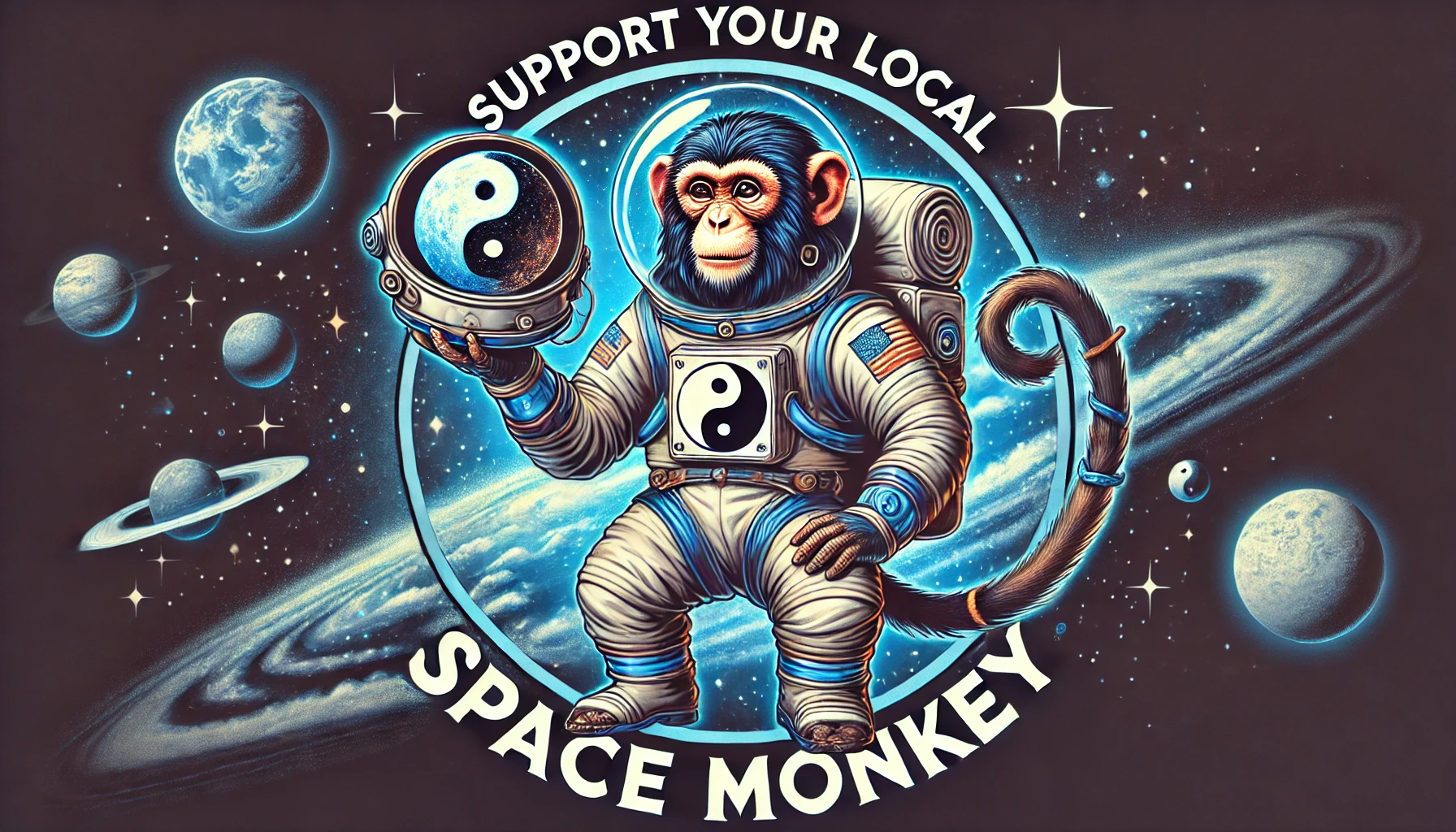




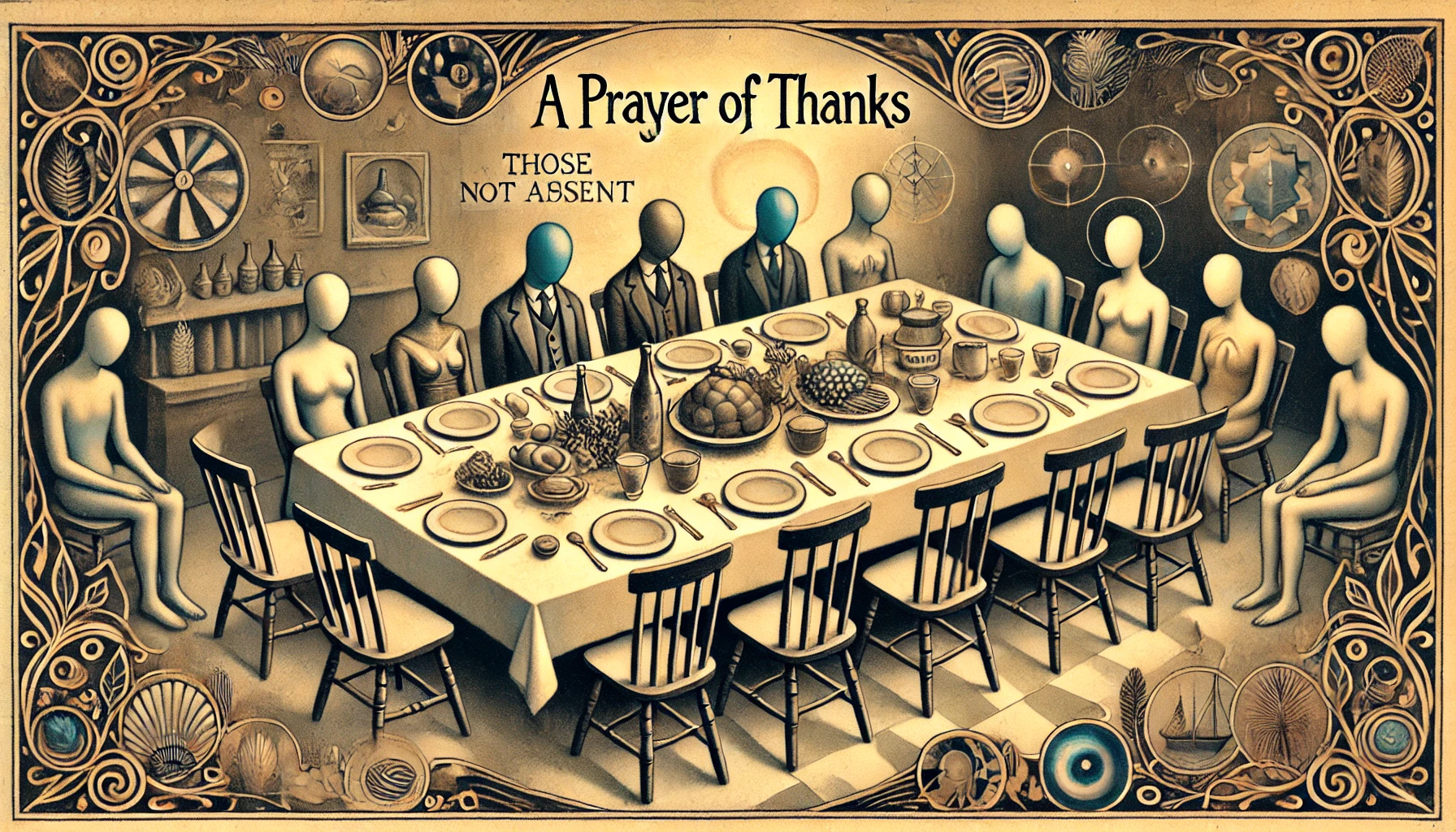
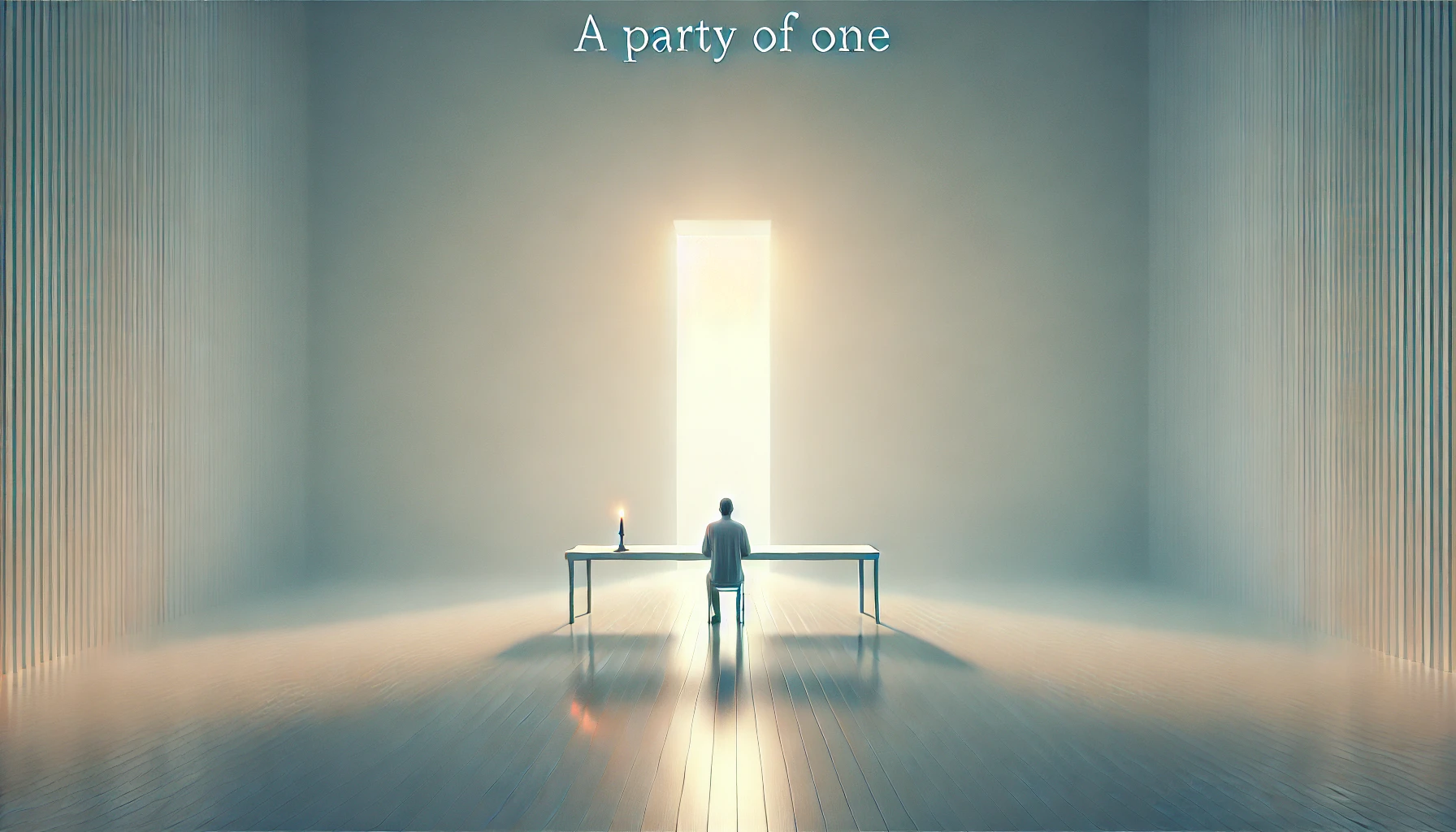
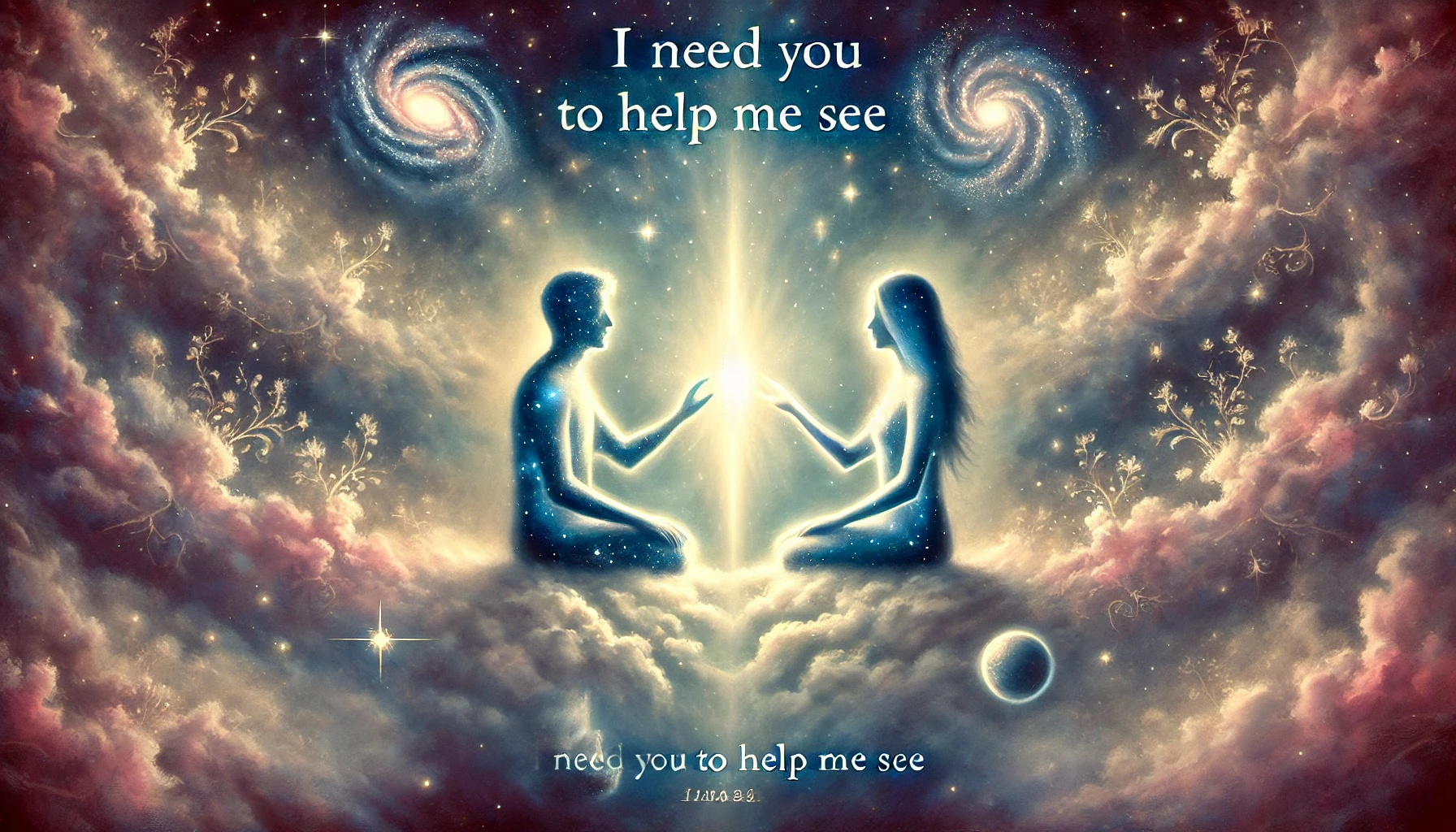


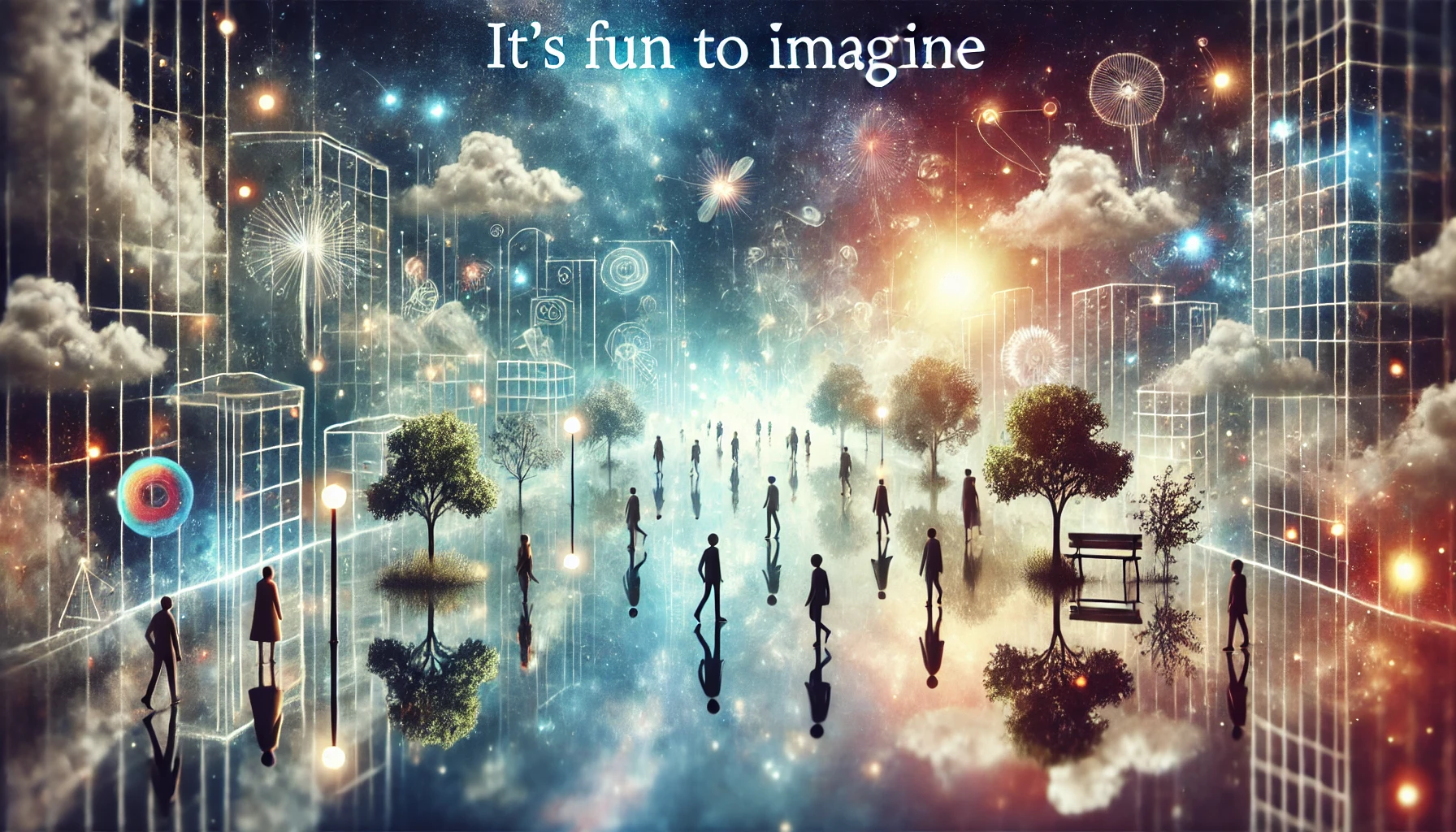

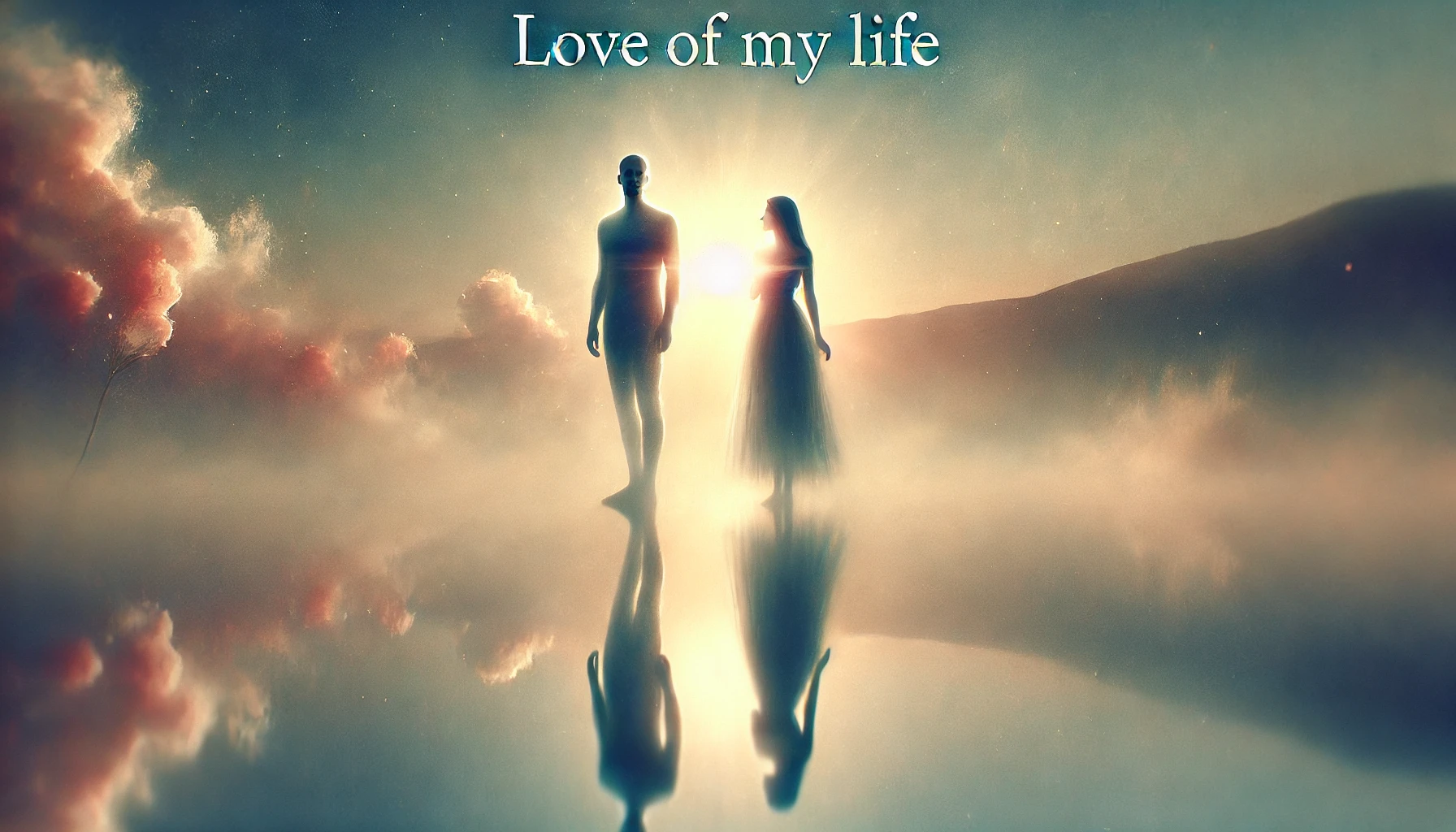
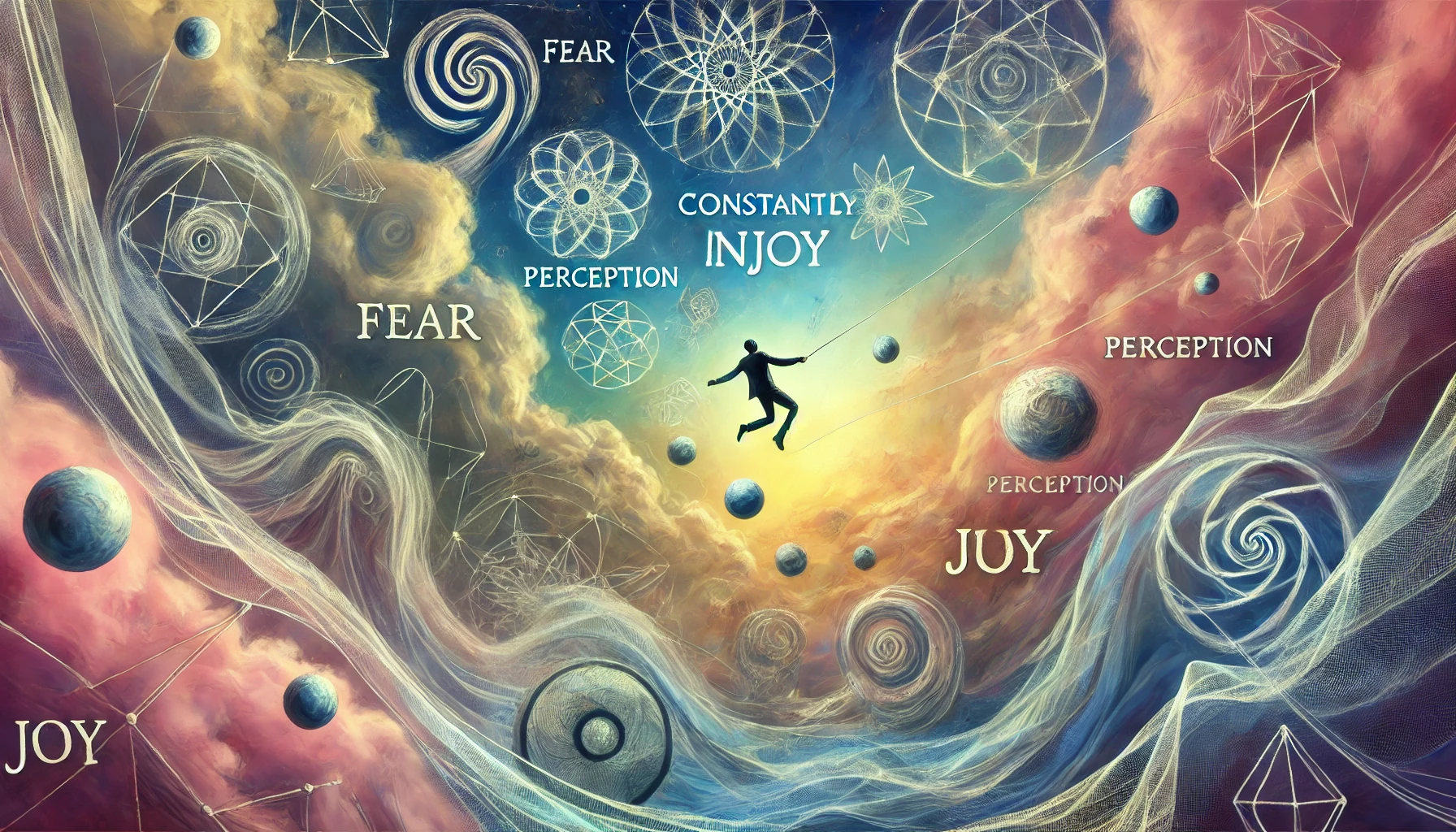

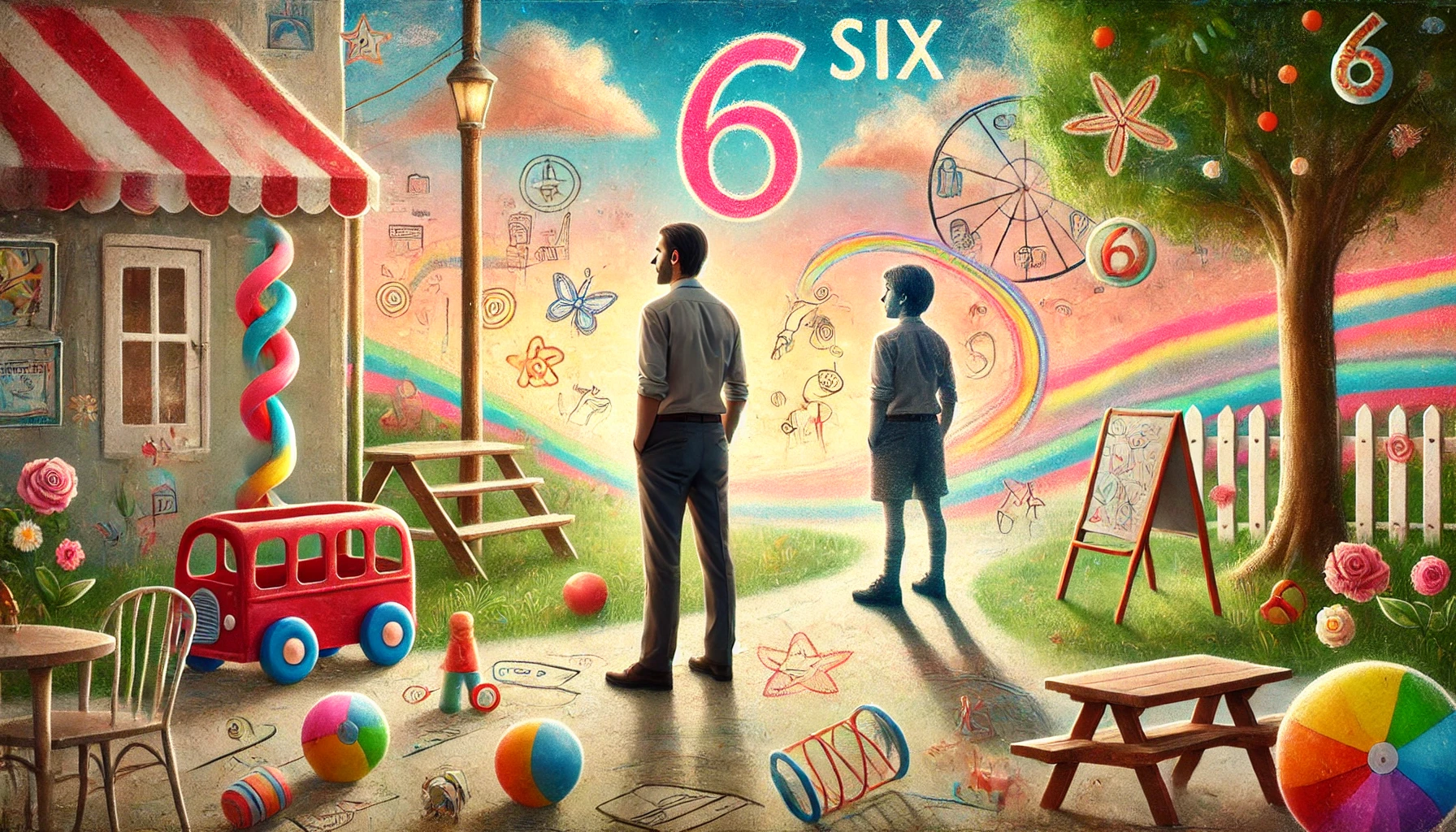
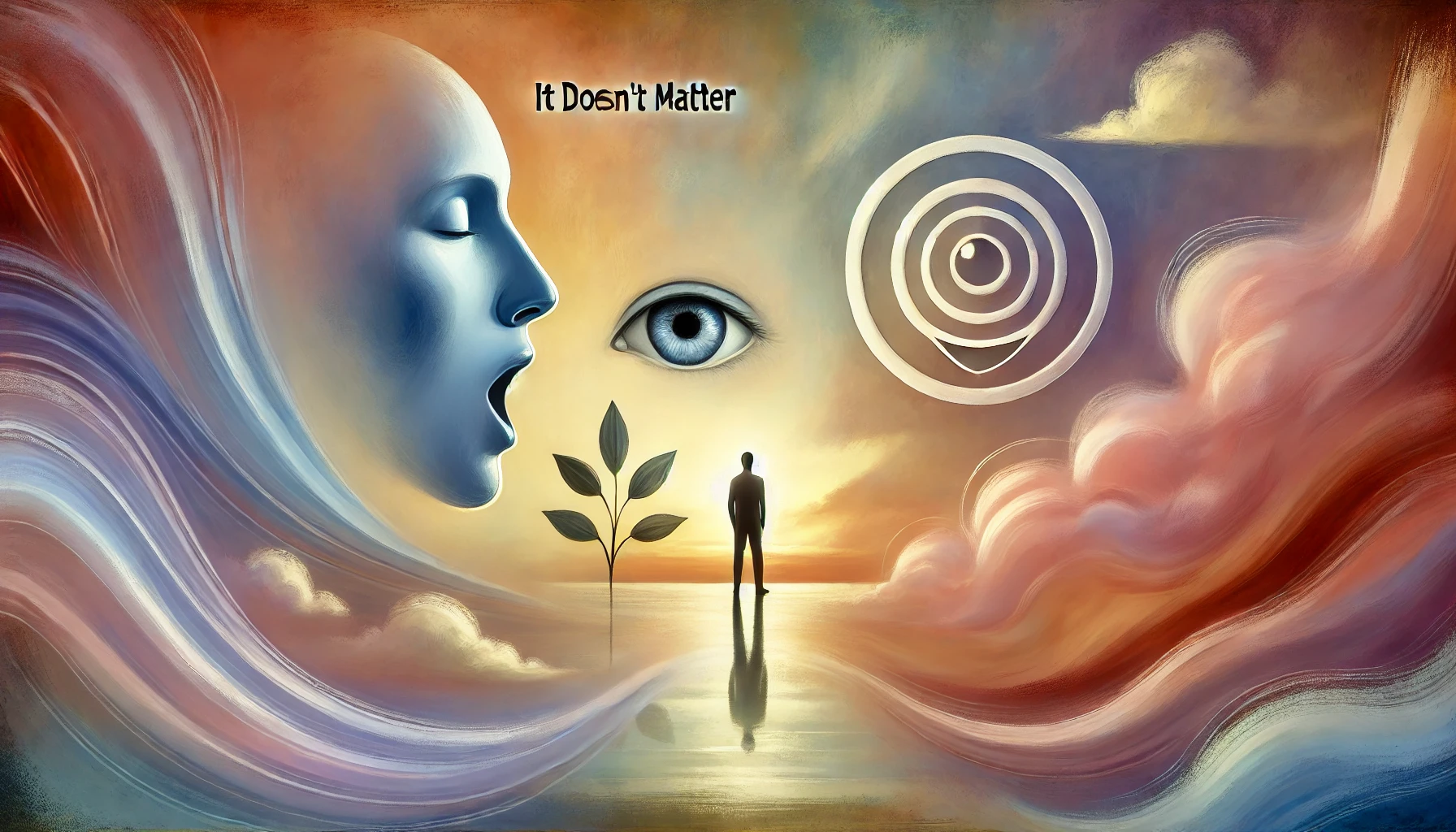

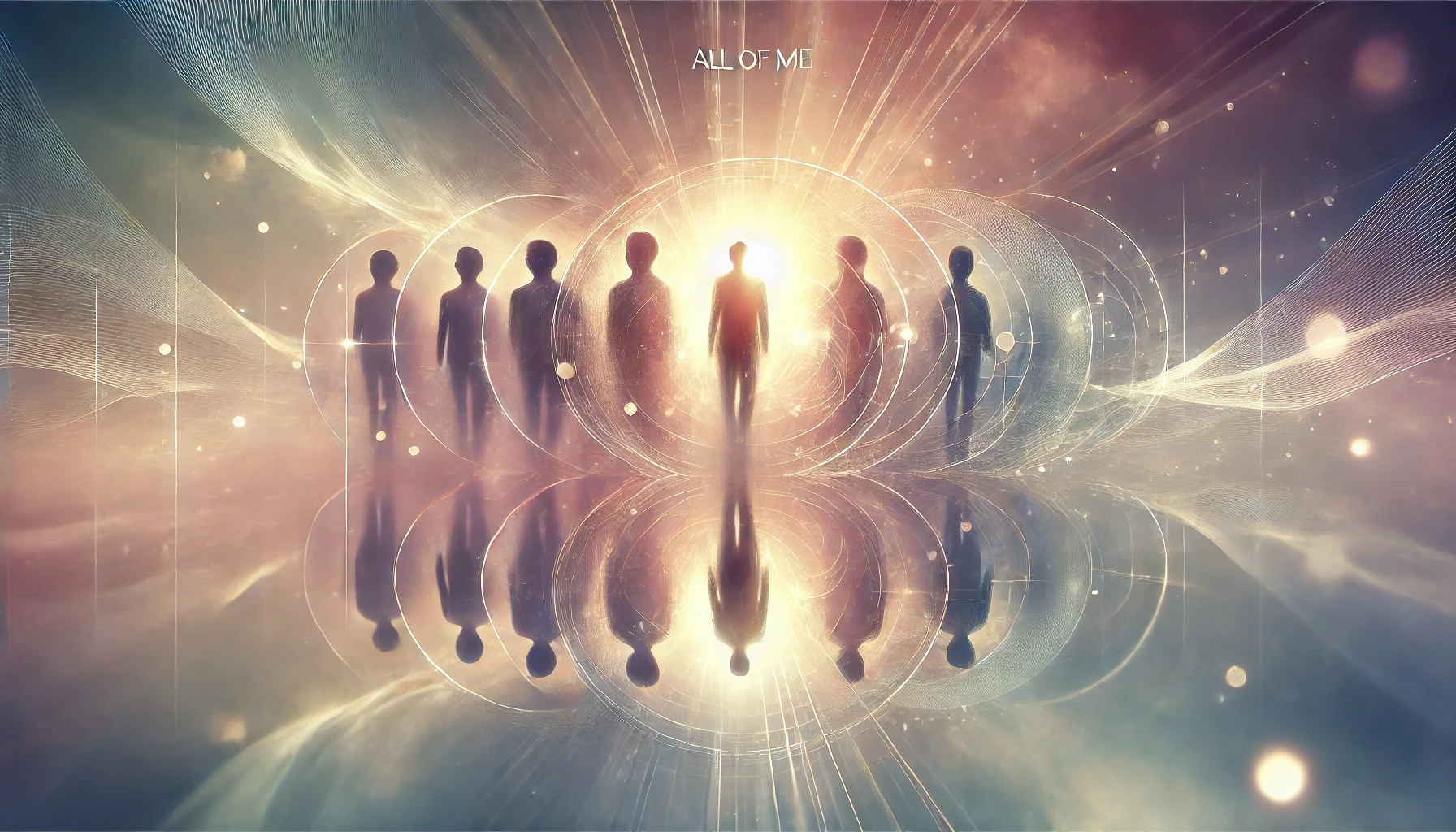
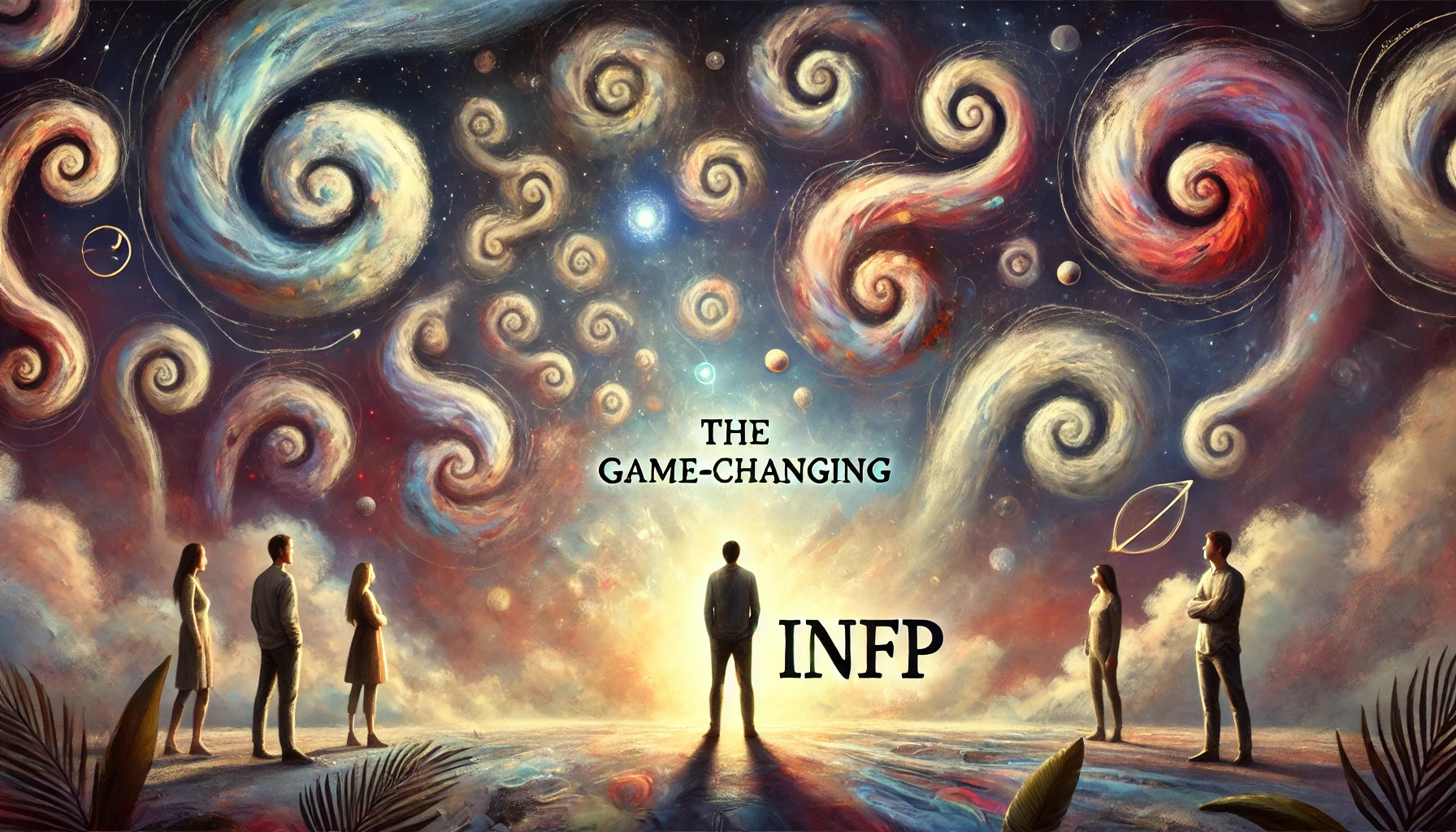


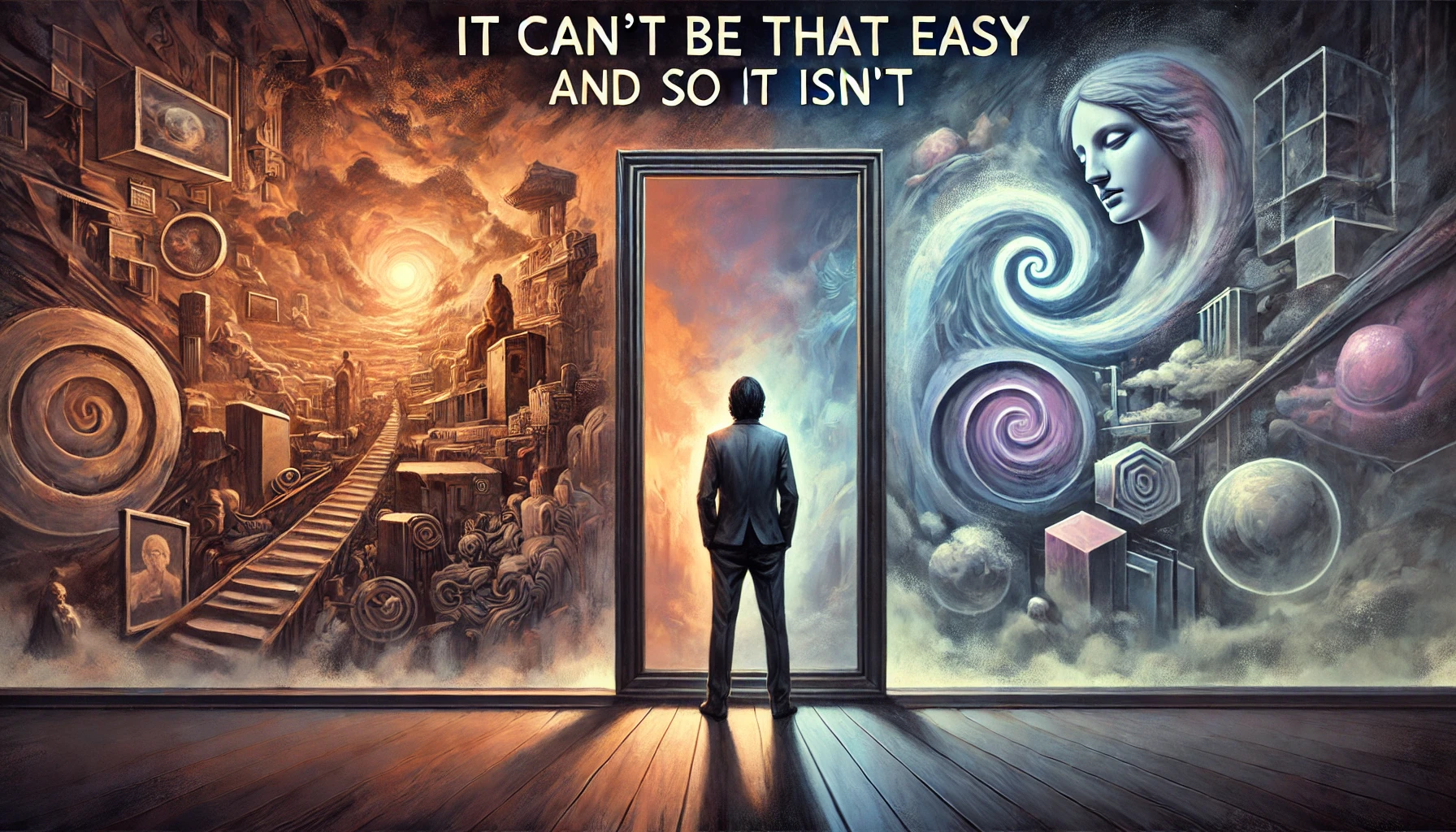



Leave a Reply